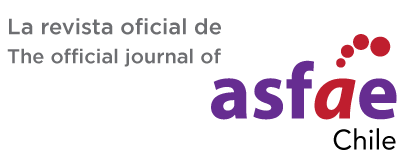Equity short selling and the cost of debt
DOI:
https://doi.org/10.35692/07183992.13.2.5Keywords:
short selling, cost of debt, credit spreadAbstract
Empirical evidence suggests that short sales have pertinent information about firm fundamentals. If so, then information from short selling in liquid equity markets can be informative for infrequently traded corporate bonds. The adverse information conveyed by short interest should mean higher cost of debt. Using a large sample of corporate bonds, we examine whether lagged equity short interest affects credit spreads. Highly shorted firms do experience wider credit spreads in the subsequent months. Moreover, the increase in short interest leads to higher credit spreads. Short interest thus seems to contain adverse information about firm fundamentals that can prove useful to bond investors.
Downloads
Published
How to Cite
Issue
Section
License

This work is licensed under a Creative Commons Attribution-NonCommercial-NoDerivatives 4.0 International License.











